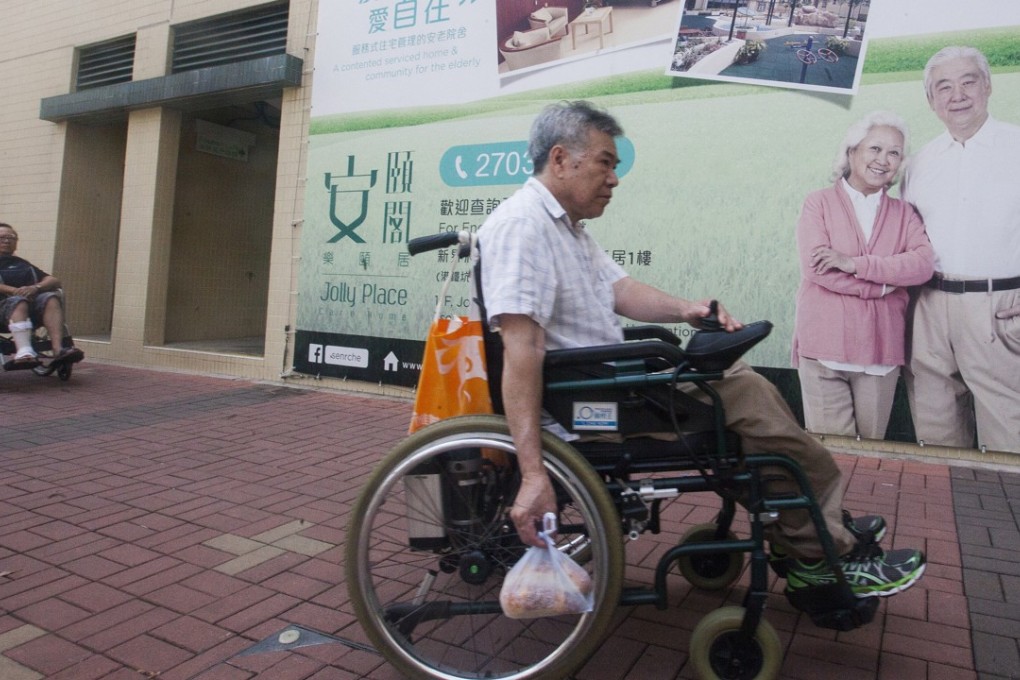Hong Kong should consider the needs of its elderly residents when deciding on future land supply
Lam Ching-choi says Hong Kong lacks adequate facilities to ensure its growing elderly population can live long, healthier lives. Thus, the city needs to explore the issue of land supply from the perspective of elderly care

Imagine you’re an 85-year-old dementia patient. Cognitive frailty can make a routine 15-minute minibus ride to the doctor an embarrassing and terrifying ordeal.
Still, you’re celebrated as one of the individuals whose high life expectancy has put Hong Kong on the map. In Hong Kong, a population of over 7 million is crammed onto a mere 1,106 sq km of land. Despite its small size and frenetic pace of living, Hong Kong once again boasts the world’s highest life expectancy for women and men.
Does longevity lead to happiness though? Hong Kong’s rapid ageing continues to be a major policy challenge and existing facilities are hardly adequate for the growing elderly population. Many issues arising from this “silver tsunami” are closely related to land supply. Hence, the needs of the elderly must be included in the discourse on future land use. What is the connection between the two?